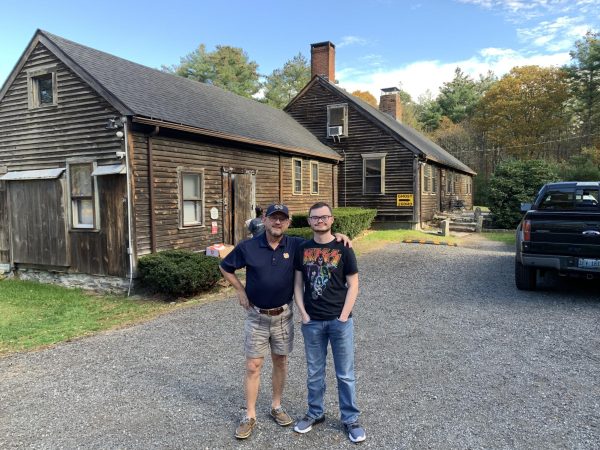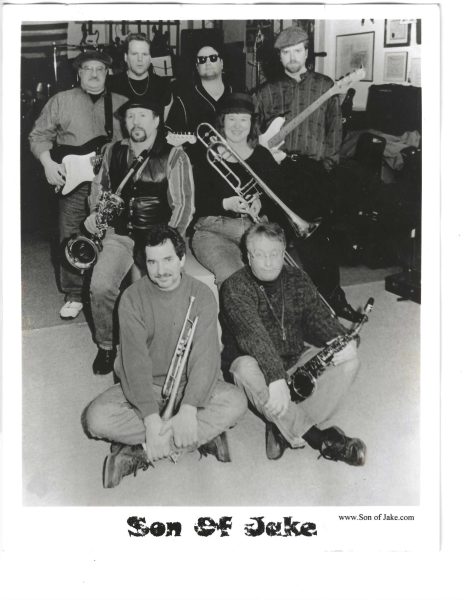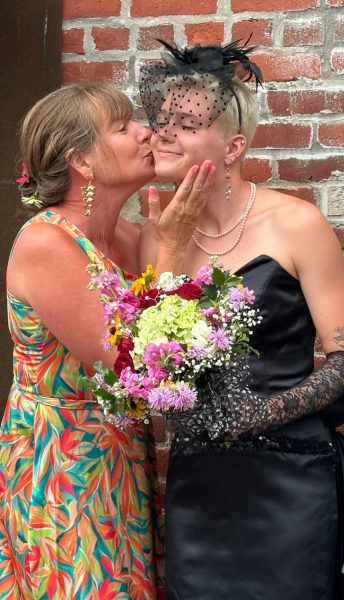Food for thought
Students bring to light the issue of food insecurity among students and their families
Pre-pandemic, 35 million Americans were either unable to get enough food to meet their everyday needs, or were uncertain when their next meal may be, according to data from the U.S. Department of Agriculture. Now, that number has doubled to 70 million. Munster is no stranger to food insecurity. Many families have been struggling with food insecurity due to financial issues, which have only been exacerbated by COVID-19.
The official definition of food insecurity, according to Merriam-Webster, is “the inability to consistently access or afford adequate food.” Food insecurity can stem from several factors such as low income, sudden emergency expenses and living in a food desert.
“Food insecurity is not just about being able to buy food, it is also about accessibility,” Ms. Beverly Taylor, Assistant Director of Dining Services, said. “For instance, bad summer storms wipe out the crops across the states. Now access is limited and cost is going to be higher. Many people relate food insecurity to being homeless or unemployed but that simply is not the case. Lots of working families simply don’t make enough money to adequately feed their family.”
Lack of money does not just mean literally not having money at all. It can also mean that there is not enough money to pay for food, since paying rent, medical bills or gas money to get to work can be a higher priority.
“It can be rough and I think people might downplay how bad it actually is,” an anonymous senior said. “A lot of kids don’t have food when they come home so they rely on the school to feed them and if someone can’t afford food, imagine how many other things are hard for them.”
In response, Indiana schools announced free lunch for all students at the beginning of the school year. The School Town of Munster is one of the many school districts that is participating.
“It helped a lot because when I had reduced lunch, I would go so far in (debt) because I wasn’t able to pay for it,” Emily Guerrero, senior, said. “It helped, but there were times where I still couldn’t pay, and that would be my only food for the day. So you just had to deal with it. So the free lunch helped a lot, because if there was any time where my parents weren’t able to feed me, that would be good enough for that day. I guess it’s not healthy, but I’ve gotten accustomed to one meal a day because of that.”
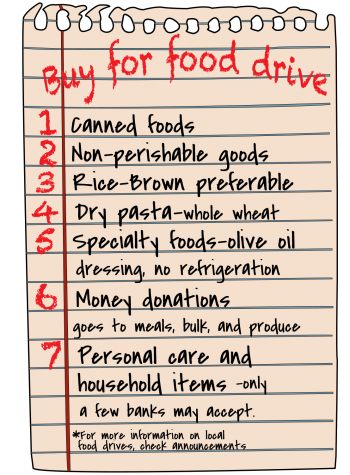
In addition to free lunches, the Pandemic Electronic Benefit Transfer, or P-EBT, was sent out last spring during the pandemic when schools were closed and families were struggling to put food on the table. It took the form of a card and was able to be swiped alongside other forms of payment to help families pay for groceries.
“The benefits are only available to families with students enrolled in an Indiana School and are eligible for free or reduced lunch,” Ms. Taylor said.
Requirements for P-EBT cards are based on income. However, there are several complexities and layers to a family’s financial situation.
“I wish they didn’t base things off numbers, because a lot of people are struggling right now,” Emily said. “If you actually calculate, there’s so much that needs to be paid. You need rent, you need bills, insurance and all that. And the fact that the school looked at the number and was like, okay, she’s reduced—which is still a lot less than having to pay for lunch—they should still take those things into account. And that’s the same thing with anything like food insecurity: it’s just a number. If someone’s telling you they need this help, then just give it to them, don’t just reduce them to how much their parents make. Because what if their parents aren’t feeding them properly? This is the time for growth; we actually need these meals.”
Financial hardship not only take a toll physically, but emotionally. Overhearing parents whispering about overdue bills, while also hearing friends talk about their new car and Lululemon leggings, as they assume everyone can relate, is exhausting. Furthermore the lack of conversation and awareness about food insecurity has led to a stigma that food insecurity only exists in third-world countries, instead of being a concern for their own community.
“One time I went to the store, and I was trying to use the (EBT) and the cashier was like, ‘Oh, I didn’t know people still use EBTs,’” Emily said. “That doesn’t sound like a big deal, but it got me so mad. It always stuck with me every time I used it. (It was an) insensitive thing to say. It didn’t help that I was using it at the Munster Stracks (because at) the Hammond one, you’ll find other people in need. And same with the East Chicago one. But it happened at Munster, and this is where Munster has this stigma. And that made me mad.”
A conversation is needed in order to bring light on this topic. When an open atmosphere is created, students and families can feel more at ease with their situation through conversations, knowing that they are not alone.
“I think that just because they go to the school doesn’t mean they have to try hard to fit into that standard of being well off,” Emily said. “It’s okay to struggle financially. It’s okay to ask for food, it’s okay to ask for assistance. It goes down to pride, so people don’t want to talk about this. It’s okay to ask for help, because you can’t do it yourself all the time. I know kids don’t really openly talk to their parents, but they’ll hear stuff about how a parent lost a job and the parent won’t talk to them about it. But it’s okay to ask for help. If you need anything, it’s okay to ask, and you shouldn’t be afraid. Not everything’s like a Disney movie; you actually have to work for things. If you’re not able to, you just have to ask and hope for the best. It’s okay to not have that pride. If you need the help, ask for it.”
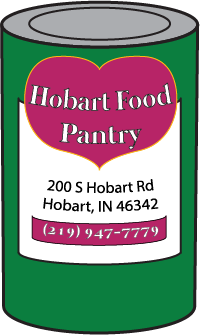
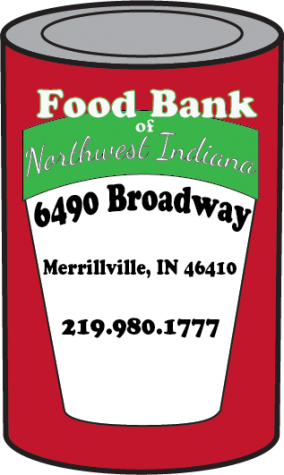
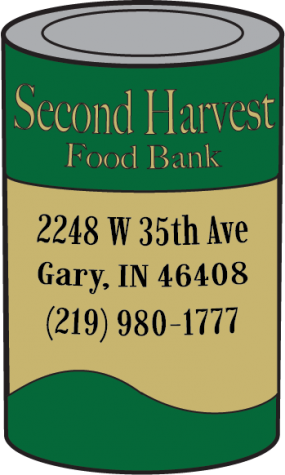
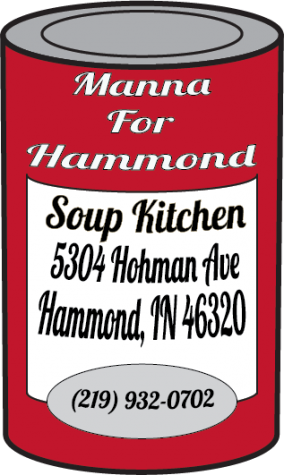

Hi! I'm Alison and I'm a senior. I'm the deadline manager. I'm in cross country, DECA, Project X, YAT, and CEC. I love to bullet journal and write. A fun...
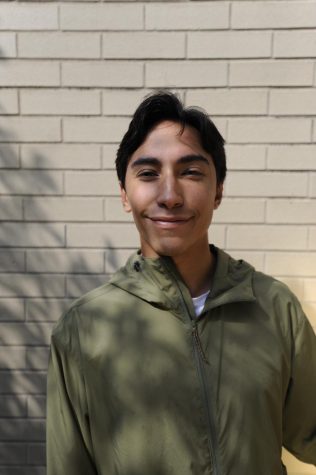
Hi, my name is Anthony Young and I’m a junior here at MHS. I am almost six feet tall and some of my hobbies include cycling, bird house building, bird...




